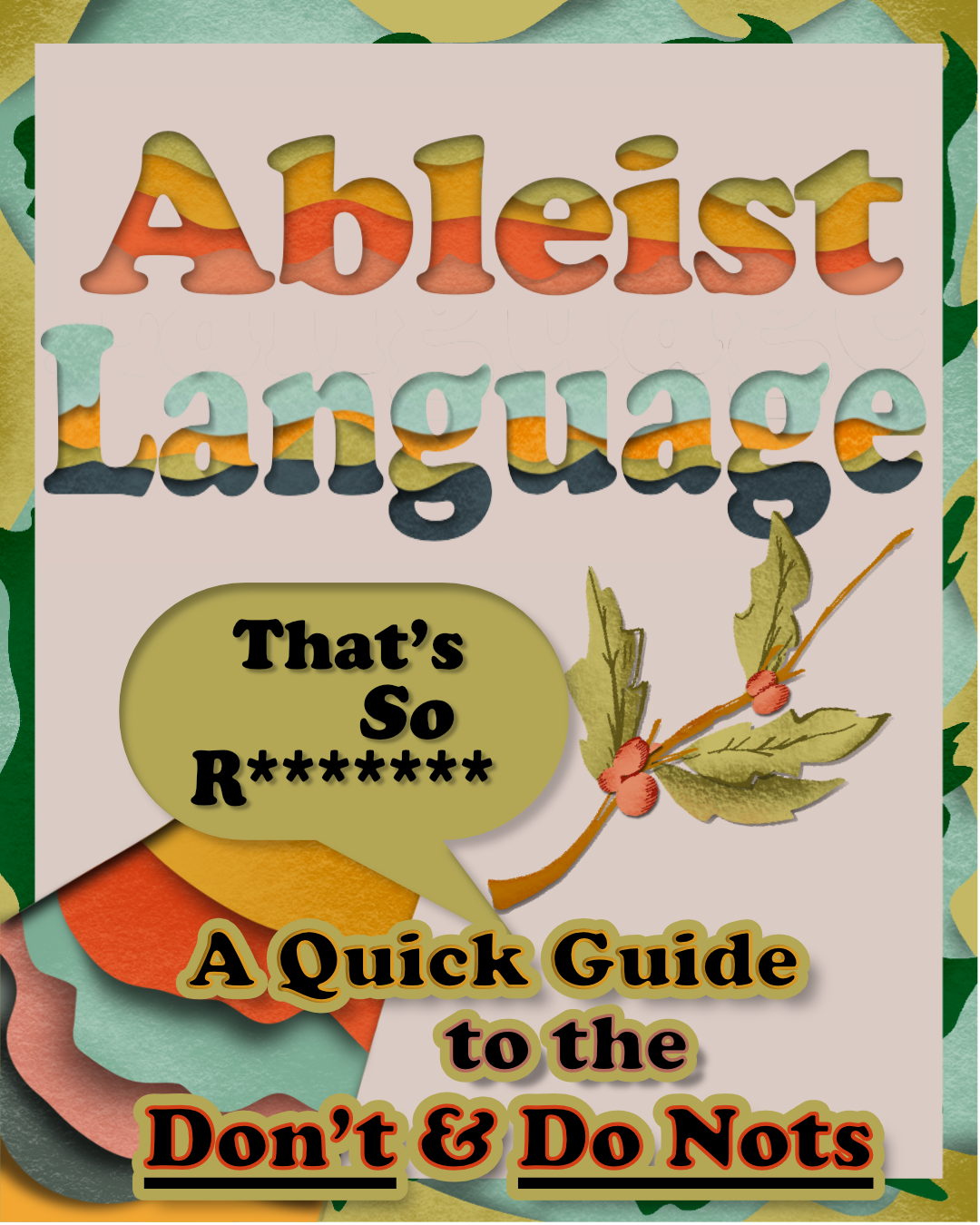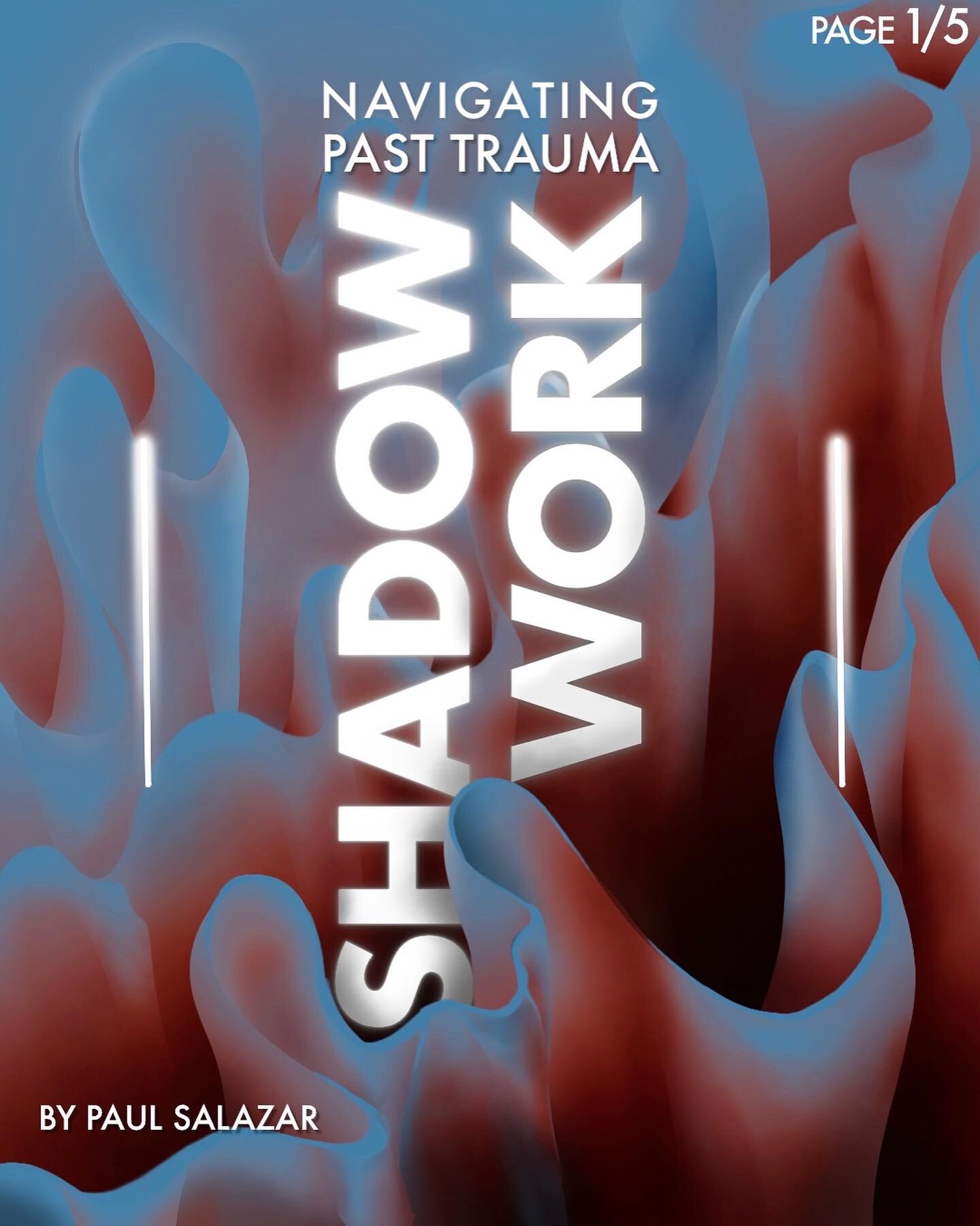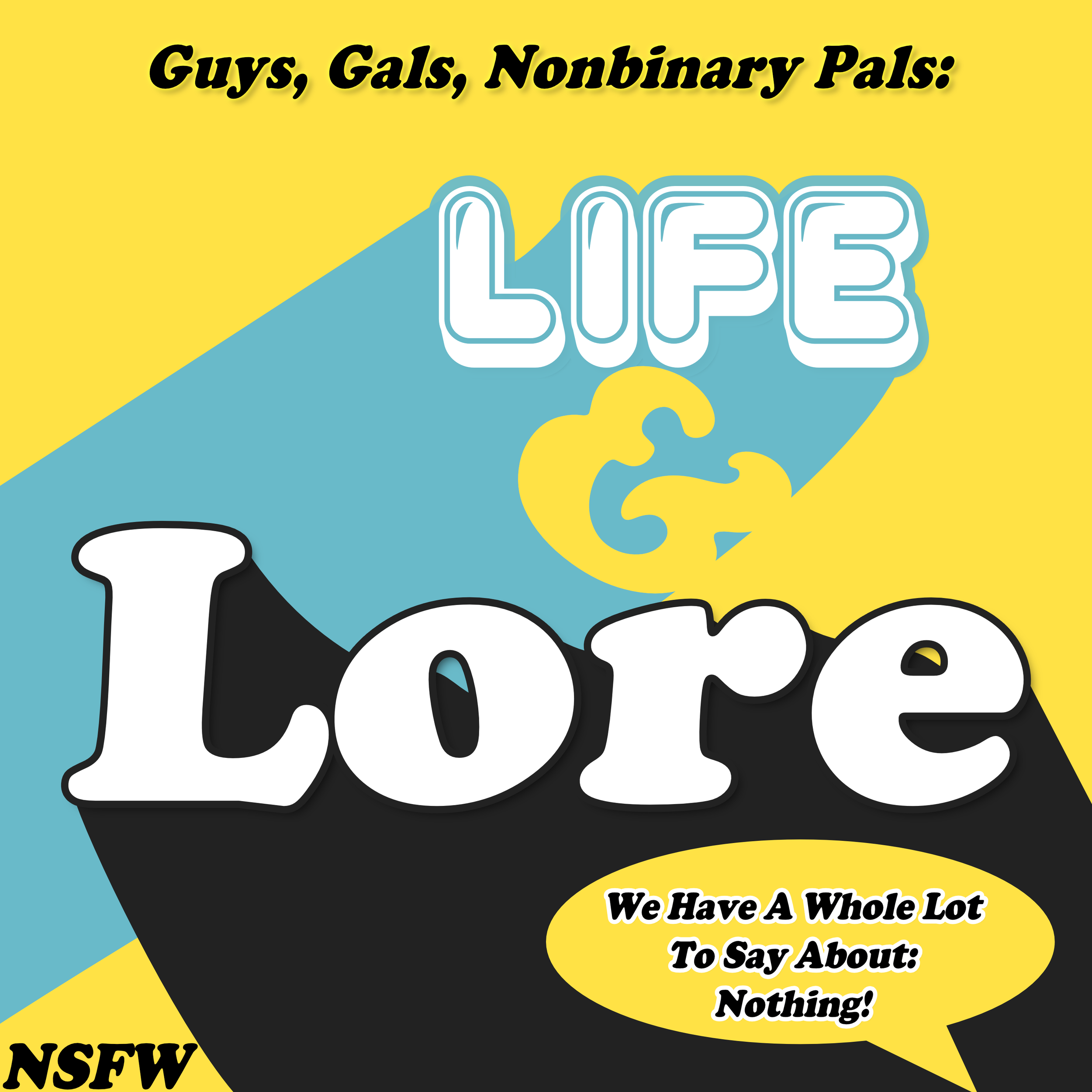Cancel Culture vs Call-Outs
Scripted from the Problematic Philosophies Podcast “Cancel Culture vs Call-outs
Cancel culture has been a social practice for many decades, yet we’re starting to see the magnifying affects of calling someone out so they can take accountability for their actions.
According to Francesca Ramsey, author of Well That Escalated Quickly, there are two elements that are key to your response to any calling out. “The first part is to take responsibility for what you’ve done’, Ramsey says, ‘and the second part is you make a commitment to change that behavior’.
““When someone is calling you out they are doing you the favor. They’re taking the time and emotional labour to tell you how your privilege is perpetuating institutions and stereotypes that are harmful.””
J.K. Rowling
The infamous author and debatable creator of the Harry Potter Wizarding world has been on the receiving end of many critiques on her bold statements towards the LGBTQ+ community, the erasure of marginalized groups and suffering, and as of the summer of 2020: The slandering of Transpeople and the community. Shame on you J.K. we never thought you were holier than thou yet these actions are beyond the cautionary tale. The purpose of these callouts aren’t always to publicly shame the offender, rather, they’re meant to initiate a conversation around accountability.
Ed Skrein
Was offered a roll in the film Hellboy. After he and the production team were called out for whitewashing, Skrein left the role with a statement acknowledging that the concerns of the people calling him out were valid.
SCARLETT JOHANSSON
Has been called out numerous times for whitewashing and has more recently accepted a role as a trans man. Instead of taking accountability on the critique and opening up an opportunity for a train actor, Johansson did a classic whataboutism and deflected responsibility.
Ellen DeGeneres
After a few accusations of mistreating and misconduct in the workplace, Twitter attacked Ellen by storm with commentary surrounding these accusations as well as comments about her previous actions. The rap sheet ranged from to numerous accounts of inappropriate comments to cringy takes and actions Ellen has made to guests, during interviews, and her day-to-day interactions on set. Does the make DeGeneres a “Degenerate”? That’s for you to judge! Just kidding, im here to say that with her platform, she doesn’t seem to use her privilege and status in edifying ways. She seems to fall into performative activism and that becomes especially apparent during this pandemic as we see intense social activism against police brutality, social inequities, and the courageous stories that survivors and victims of racial, sexual, and domestic abuse have to relive in order to have justice and bring awareness of their assaulter and abuser.
Why do people Call-out abusers and allegations?
The underlining purpose behind accusations and allegations against abusers is to bring caution when interacting with the abuser. Allegations should always be taken seriously should be met with understanding and open-mind. As mentioned before, call outs are for holding offenders accountable for their actions. The friends and family of the abuser are meant to observe change of behavior and subject the offender and abusers to the rightful punishment deemed by the severity of their actions.
The Harsh Reality
It takes monumental courage and support to be able to speak on traumatic experiences as a victim of abuse. Reinventing tales of trauma and hurtful memories and experiences does an amount of damage to the mental, emotional, and spiritual well-being of victims. Folks that speak on their trauma by amounting allegations of abuse towards another has, unfortunately, been met with public ridicule, gaslighting, and sometimes threats.
So you fucked up... now what?
You or someone you know is accused of Causing Harm:
What to do and what NOT to do:
DO
Believe the Survivor and trust their experience of what happened but also what they are telling you they need
DO
Center the survivor which may be hard because of where you feel your loyalties lie. Also because you or a friend may have been grooming yourself or the friend has groomed you to doubt this person, this is something that some people do to avoid accountability.
It may seem like it, but holding yourself or your friend accountable is the best thing for them too.
DO NOT
Blame the survivor since your friend is going to struggle. With being called out. This is understandable. It isn’t easy to face the truth of your harmful behavior. Regardless of how severe this impact is, it is not the responsibility of the survivor or anyone supporting the survivor. Do not tell the survivor how difficult this is for your friend, unless they ask you. Remember, your friend is responsible for their own behavior. They created this situation.
DO NOT
Gaslight the survivor and ask for proof of reasoning or an explanation. They do not owe you this. They have had to do this again and again, each time reliving their trauma. Listen if they want to share but, if they don’t, respect that and support them. You don’t need to understand in order to believe.
THINK OUTSIDE THE CAGE
We have been living in a society that relies on punitive justice. It gives us a black-and-white view of people: guilty or innocent, punished or exonerated. Despite our abolitionist politics, many of us still see through that lens.
It takes work to unlearn what has been deeply grained in us from birth. Challenge your assumptions. What does it look like for you to take harm seriously while rejecting a punitive system? How can you support your friend while actively encouraging them towards restorative process of accountability?
Accountability is not punishment. Asking for it is not an attack. It is a huger risk for a survivor. It’s important that we don’t punish survivors for this and that we acknowledge it is a generous gift.
Accountability processes are vulnerable and revealing of the truth. People who are habitually abusive will try to avoid them - not seek them.
This is relevant in the conversation about rehabilitation. We must hold those accountable for their actions instead of further ostracizing them and incarcerating them. They must recognize the pattern of harm they’ve done to someone; the harm done to a person, community, or society must be accounted for.
Understand harm
Maybe it’s hard to believe your friend could do something like this. It’s important to remember that everyone is capable of causing harm. Admitting that your friend caused harm is not saying they are a bad person. Accountability is an act of love and solidarity, not a punishment. If your friendship can’t withstand it, it wasn’t strong to begin with.
Embody the Movement
Have you been. Marching in the streets in support of defunding police and prisons? Do you have the mindset of an abolitionist to the systems of harm our government and society has bound us to?
As a society: we have been so indoctrinated with the idea that we solve problems by policing and caging people that many cannot imagine anything other than prisons and police as solutions to violence and harm.
-Mariame Kaba
The abolitionist movement is not suggesting we ignore harm. It is showing us how to respond differently. It requires community-led responses to harm. So, respond.
What Criminal Justice Systems ask:
1. What was the crime?
2. Who committed it?
3. What is the punishment?
What Restorative Justice asks
1. What happened?
2. Who was harmed? How?
3. What is needed to repair the harm
Citations
Brooke Kato. “What is cancel culture? Everything to know about the toxic online trend”. New York Post. https:// nypost.com/article/what-is-cancel-culture-breaking-down- the-toxic-online-trend/ (accessed on August 27, 2020)
Martine, Tess. Tessmartin.medium.com. Medium. “So You’ve Been Called Out: A White Person’s Guide to Doing Better”. https://tessmartin.medium.com/so-youve- been-called-out-a-white-person-s-guide-to-doing- better-918493706c49 (Mar 22, accessed Dec 28, 2020)
Mahoney Neve. Eureka Street. What to do when you get called out. https://www.eurekastreet.com.au/article/ what-to-do-when-you-get-called-out (Mar 11, 2018, Accessed Dec 28, 2020)


















Today's special surviving guest is the one, the only, the amazing Automotive nut and creative: Alexis Cuevas.